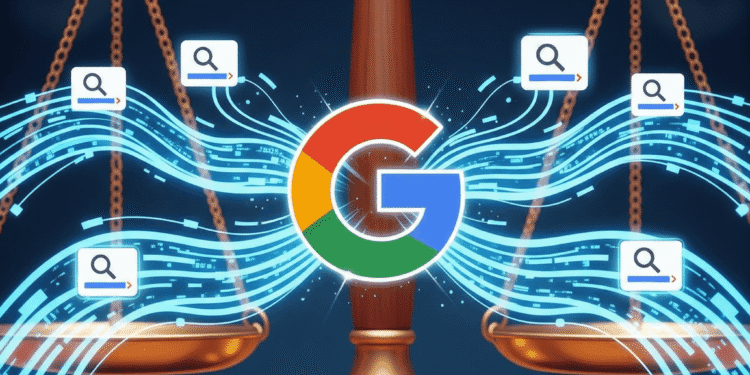Google has escaped the worst possible punishments that the antitrust officials have targeted it with. This includes the mandatory sale of its lucrative Chrome browser and Android operating system.
But a major aspect of the decision requires Google to distribute its massive Search data to other competitors. It may completely transform the nature of competition in the search engine market.
The business model implications of this historic antitrust decision on Google and the tech industry overall are titanic.
The Antitrust Case
Google has long come under the severe scrutiny of antitrust regulators around the world, with charges of unfair exploitation of its search and advertising dominance to suppress competition in a host of digital sectors.
The gist of the most recent case was that Google was accused of using its dominance over Android and Chrome to unfairly promote its own offerings.
The regulators had already sought extreme actions such as breaking up Google by making it sell important properties such as Chrome and Android.
The Verdict
The decision recognizes the complexity of the task of unwinding large-scale integrated platforms. It will likely take into account the damage such a sale would cause to the global technology ecosystem and user experience.
Arguments brought by Google must have been about Android being open-source. The option the user has when it comes to the browser, even though Chrome is the market leader.
This will enable Google to retain ownership of its underlying mobile and web platforms. They form key components of its overall approach and ecosystem.
The Mandate
It does not necessarily lead to the most radical split. The ruling gives Google a big hit to its data advantage, requiring it to share its Search data with its rivals. This mandate is still being developed in detail, but is likely to involve:
Query Data: You can learn the purpose of the user and trends using anonymized search queries.
Ranking Data: This information will provide insights into the way Google orders search results. It may enable competitors to improve their own ranking algorithms.
Advertising Performance Information: This information regarding the effectiveness of the advertisements could be used by competitors in attracting advertisers.
This decision will certainly make Google change
Less Data Leadership: Google’s search data has been one of its sources of competitive advantage. Publicizing such information may dilute this advantage, which may increase healthy competition in the search market.
Revenue in Advertising: When competitors can provide more relevant searches and advertisements, this may affect the dominant areas of Google in advertising revenues.
Innovation Push: Google might have to innovate even quickly to stay ahead, and concentrate on elements and offerings that surpass crude search data.
Conclusion
The antitrust decision is a subtle but far-reaching ruling. Chrome and Android are the assets that Google possesses to ensure its core digital ecosystem.
This move will also introduce a long-overdue competition in the search market. It may lead to increased diversity and creativity amongst both users and companies.
This decision has long-term effects that will be felt in the coming years to come and determine the future of online search and online advertising.
FAQs
What impact will the sharing of search information have on Google’s competitors?
The availability of Google search data will enable the small search engines and newcomers to optimize their own search results, provide more relevant search results, and create their own competing advertising systems.
What would the effects of this ruling be on the Google business model?
The decision may undermine Google’s main data asset and may impact the sources of advertising revenues that Google commands. This can cause the firm to become more innovative and concentrate on new functionality to stay ahead of the market.
Does this decision imply that my information will become any less confidential?
The decision requires that the information exchanged be anonymous. Nevertheless, the very amount of data in question can lead to new questions and debates regarding the issue of data privacy and its further management by third parties.
What type of search information will Google be required to provide?
Google is likely to publish anonymized information about search queries, information about Google search results ranking, and information about ad effectiveness.

























